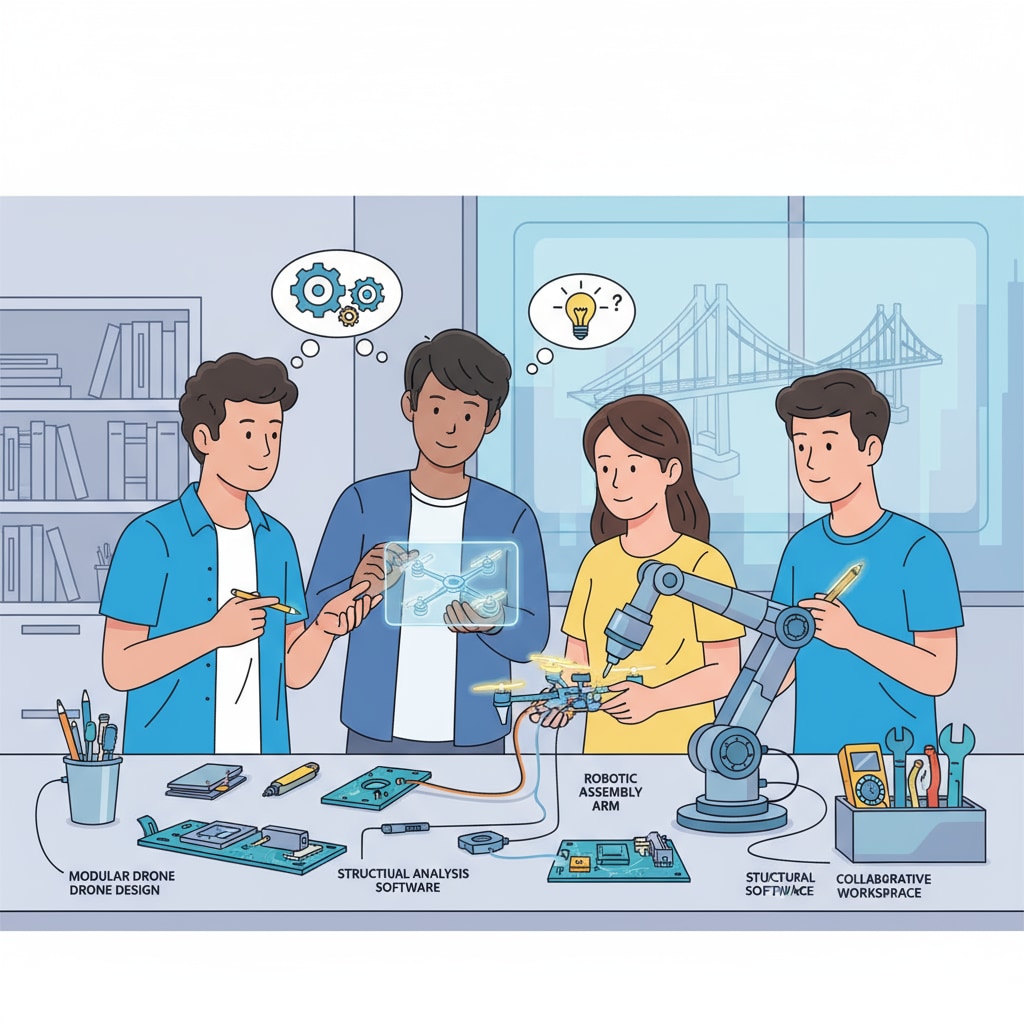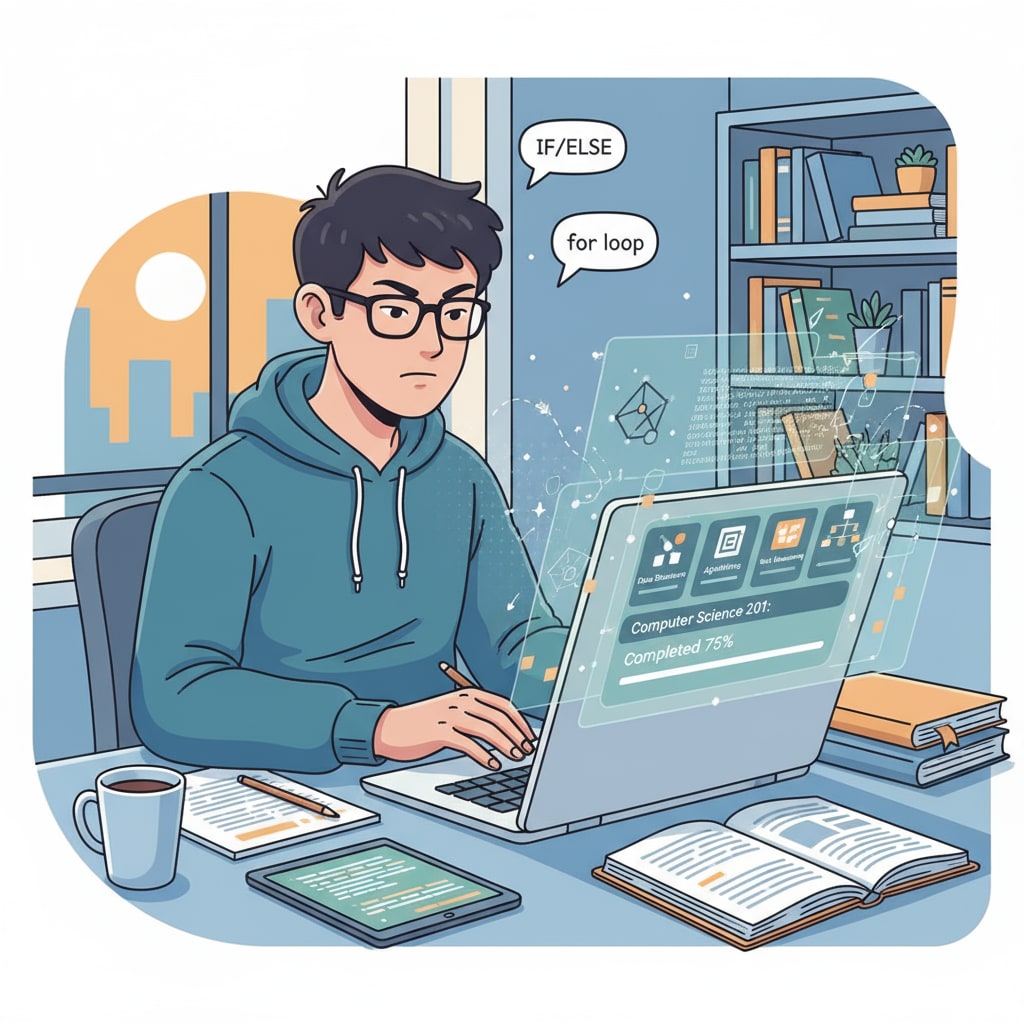Alternative education paths for engineering and computer science are becoming increasingly important in today’s diverse educational landscape. Traditional K12 education systems often follow a one-size-fits-all approach, which may not meet the unique needs of students with a strong passion for engineering or computer science. For those facing academic challenges or simply wishing to bypass irrelevant subjects, there are viable options available.

Understanding the Limitations of Traditional Education
The traditional K12 education model typically covers a broad range of subjects. While this well-rounded approach has its merits, it can be a hindrance for students who are laser-focused on engineering or computer science. For example, a student interested in coding may find long hours spent on literature or history classes as a distraction from their true passion. According to Education Week, many students feel disengaged when forced to study subjects that do not align with their career aspirations.
Online Learning Platforms: A Gateway to Specialized Education
Online learning has revolutionized education in recent years. Platforms like Coursera and edX offer a plethora of courses in engineering and computer science. These courses are often developed by top universities and industry experts. For instance, on Coursera, you can find courses on advanced algorithms in computer science or structural engineering design. Students can learn at their own pace, skipping over subjects that are not relevant to their goals. As a result, they can focus more intensively on the skills and knowledge required in their chosen fields. Udemy also provides a wide range of practical courses that allow students to gain hands-on experience.

Another advantage of online learning is the flexibility it offers. Students can fit their studies around other commitments, whether it’s a part-time job or personal interests. This flexibility makes it an ideal option for those who want to pursue engineering or computer science without being restricted by the rigid schedules of traditional schools.
Readability guidance: In this section, we’ve used short paragraphs to convey key points about the limitations of traditional education and the benefits of online learning. Transition words like ‘for example’ and ‘as a result’ have been used to enhance the flow of the text.
Vocational and Technical Training Programs
Vocational and technical training programs are another excellent alternative for students interested in engineering and computer science. These programs are designed to provide practical, hands-on training in specific areas. For example, a vocational program in computer science may focus on coding languages like Python or Java, preparing students directly for entry-level jobs in the industry. In the field of engineering, technical training can cover areas such as automotive engineering or electrical engineering.
These programs often have shorter durations compared to traditional degree programs, allowing students to enter the workforce more quickly. Additionally, they usually have a more industry-relevant curriculum, ensuring that students are equipped with the skills that employers are looking for. According to the Bureau of Labor Statistics, the demand for workers with vocational and technical training in computer science and engineering is on the rise.
Readability guidance: Here, we’ve used a list-like structure within the paragraphs to clearly present the benefits of vocational and technical training programs. Transition words like ‘additionally’ help to connect different ideas.
Self-Directed Learning and Bootcamps
Self-directed learning is a powerful option for motivated students. With the abundance of resources available online, such as open-source textbooks, YouTube tutorials, and online forums, students can create their own study plans. For example, a student interested in engineering can study mechanical principles through free online courses and then practice building simple machines at home.
Bootcamps are also gaining popularity in the fields of engineering and computer science. These intensive, short-term programs focus on teaching in-demand skills. A coding bootcamp, for instance, can teach students the fundamentals of web development in a matter of weeks. Bootcamps often have a practical, project-based approach, which helps students build a portfolio to showcase their skills to potential employers.
Readability guidance: In this section, we’ve used examples to illustrate the concepts of self-directed learning and bootcamps. Transition words like ‘for instance’ make the text more accessible.
In conclusion, students who are passionate about engineering and computer science but find traditional education a hurdle have numerous alternative paths to explore. Whether it’s through online learning, vocational training, self-directed study, or bootcamps, there are ways to pursue their dreams without being held back by irrelevant subjects. These alternative education paths offer flexibility, practical skills, and the opportunity to focus on what truly matters in these exciting fields.


